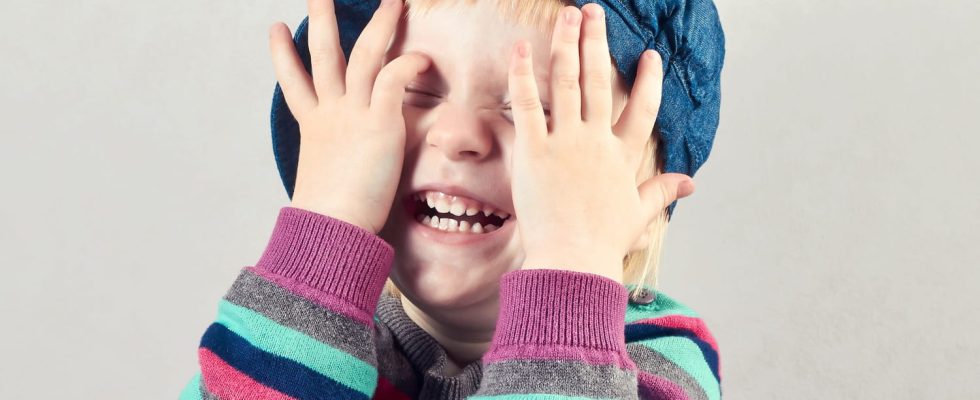After the tiger parents, the dolphin parents and the helicopter parents, it is the turn of the jellyfish parents to assert their educational model. Listening to their children, they impose neither rules nor sanctions. But don’t children need a framework to grow up peacefully? Answers and advice from Natacha Butzbach, psychologist in parenting and parental support.
In the movement of positive parenting which aims to let the child grow up in a secure and caring environment, jellyfish parents yearn to let their child make his own decisions. They therefore demonstrate great flexibility and agility. If this education has its share of detractors who point the finger at an overly permissive education that risks creating a child king, capricious and angry, others see it as a way to promote the autonomy of the child. Insight with Natacha Butzbach, psychologist in parenting and parental support, founder of the Proximal Parentage Network and editor of La Curiosité Bienveillante.
What is a jellyfish parent?
Unlike tiger parents who have very high demands on their children and want to control everything, the jellyfish relatives (jellyfish parents in English), advocate great educational flexibility. They respond favorably to all their child’s requests without thinking. Qualified as permissive, this mode of education includes very few rules and the children have almost no limits, they are never punished.
They are also granted great autonomy from an early age: they can choose their clothes, their extra-curricular activities without their choices being called into question. In contrast to the cult of the child prodigy, jellyfish parents refuse to overload their children’s schedulepreferring to let them do what they really want.
What consequences does jellyfish education have on children?
By leaving too much freedom to the child, the jellyfish parent takes the risk of losing his “parental authority” but also of hindering the identity construction of his child. Because even if it is positive to remain attentive to the latter and to respect his needs, a lack of framework can prove to be harmful. Indeed, the rules aim to reassure the child and to prepare him for life in society because in real life, we do not do what we want, when we want, there are rules to respect. In the absence of a framework, a child cannot deal with frustration or learn to manage his emotions.
Who are the jellyfish parents?
Jellyfish parents are often people whose boundaries as children were not respected. “This is why they will want their children to be able to set their own limits. Some parents have more tolerance than others because they themselves have experienced very badly the fact of having been bullied and having experienced authoritarianism, they do not want to reproduce this pattern with their child”, explains Natacha Butzbach.
“Some parents have more tolerance than others because they themselves have had a very bad experience of having been bullied and having experienced authoritarianism”.
Should we accede to all the wishes of children?
The psychologist specializing in parenthood would tend to say no but she is not categorical, she specifies that it depends on the desires in question and the circumstances. “For example, we are not going to let the children go to bed at any time or eat anything. Children need structure. You have to have a principle of balance, but this concerns all aspects of parenthood. The question is mainly whether the frame is well adjusted, but in reality, it is very rare that parents do not put any frame. Some will accept more things because they have a different sensitivitya greater tolerance for disorder, but this does not mean that they are not capable of postures suitable for their children.
On the other hand, it should be kept in mind that if parents are not clear about the limits they impose on their children, this can generate anxiety in them. “If the child is overbearing or inappropriate and the parents say nothing and then the next time they yell, it creates anxiety that they don’t have the same responses to the same things. The rules change according to the age of the child, his physical capacities, his autonomy and his faculties. There are flexible and inflexible rules“, argues the specialist.
Thanks to Natacha Butzbach, psychologist in parenting and parental support, founder of the Proximal Parentage Network and editor of La Curiosité Bienveillante
